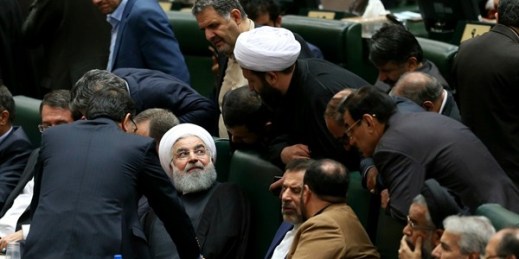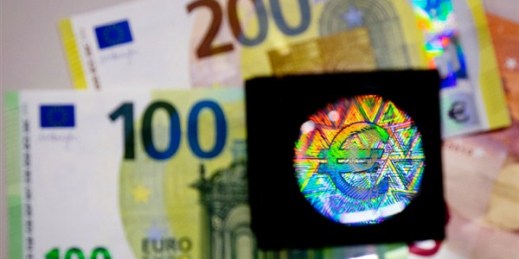
The Trump administration is set to reimpose economic sanctions on Iran next week that target its oil sector, after having reimposed sanctions on other sectors of the Iranian economy in August. But they will target Iran only indirectly. Many of those sanctions will be aimed at firms and financial institutions in Europe, Japan, Turkey and other allied countries, as well as China, India and elsewhere. Unlike the United Nations sanctions that helped bring Iran to the negotiating table and led to the international agreement to halt Iran’s nuclear weapons program, the new U.S. sanctions will be unilateral, extraterritorial—often called “secondary”—and […]

